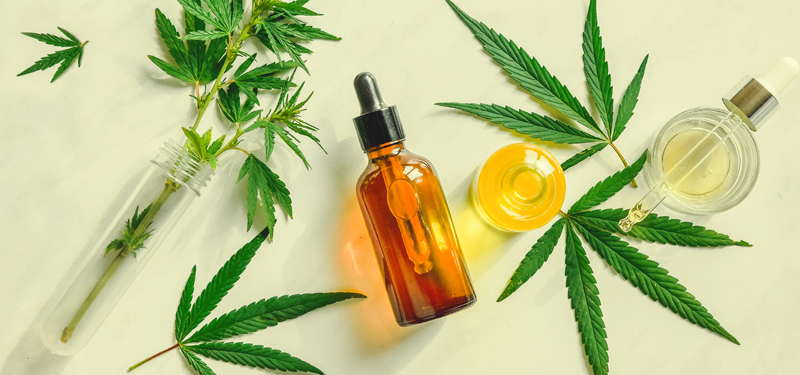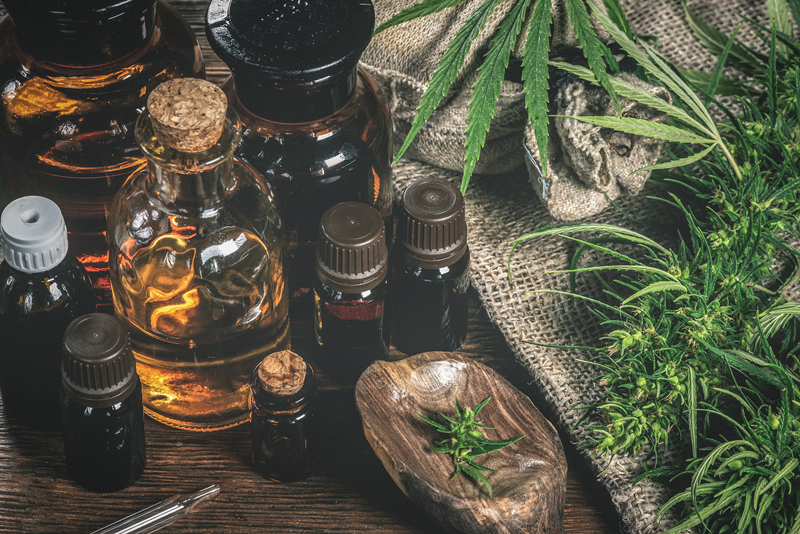Can CBD Oil Help With Your Mental Health?
In recent years, the cannabis plant has received a lot of attention, particularly in the aspect of medical application. Countless research projects are being performed right now and, little by little, cannabis is gaining acceptance in mainstream medicine.
With over 100 cannabinoids or compounds present in the plant, scientists will have their hands full in the foreseeable future. Among the most important cannabis compounds are cannabidiol (CBD), which is second to tetrahydrocannabinol (THC) in terms of the amount present in the plant.
Unlike THC, which gives the high or psychoactive effects that cannabis is known for, CBD is a non-psychoactive or non-intoxicating compound. This means that you won’t get high with cannabidiol.
CBD Products and A Warning Before Purchasing
In the market, you can find CBD in the form of gel, capsules, and vaporized or liquid extracts. But it’s typically marketed as an oil formulation. Like in this review, there are many beauty products, food, and beverages being sold that are infused with trace amounts of cannabidiol.
Given its widespread use and availability, there’s little doubt as to the safety of this compound. The big issue about supplements like CBD oil is deceptive marketing. Some manufacturers are touting their products as a cure-all, even for serious health conditions like Alzheimer's or cancer. Such claims are unproven, if not totally imaginary. Fortunately, authorities are cracking down on entities making false claims about the use of such products.
CBD Oil For Mental Health
Despite the misleading product placement strategies employed by some manufacturers, the market for medicinal cannabis continues to grow. Under this state of affairs, it's not surprising that people are beginning to wonder if CBD has any benefits at all. Since cannabis usage has long been associated with brain receptors and cognitive processes, one of the key questions put forward by the public, in general, is if CBD oil can help with mental health.
There are a number of mental health problems where cannabidiol appears to help. However, it must be emphasized that more studies are needed to unequivocally establish the mental health benefits that this compound may provide.
Here are some mental health problems that CBD may be able to aid:
1. Social Anxiety and Schizophrenia
The effects of cannabis on cognitive functions have long been recognized. Even so, the application of cannabinoids in psychiatry is still premature. While current studies are still limited, there are outlying cases that have positive results.
Presently, there’s tentative support for the use of CBD in taking the edge off social anxiety. The compound also has mixed, but mainly positive, results when used as an additional medication for schizophrenia.
2. Insomnia
Sleeplessness and mental health are closely related. The lack of sleep can no doubt affect your mental functions. According to an article from Harvard.edu, CBD may help address insomnia or sleep disorder. The compound may improve sleep quality by helping users fall and stay asleep.
Still, if your insomnia is caused by external factors, like you living in a loud and busy city or you have an uncomfortable sleep environment, you need to address those issues first before resorting to CBD oil to help you sleep.
3. Depression and Anxiety
In the U.S., it’s estimated that over 17 million adults suffer from depression each year. Just imagine how many more sufferers there are from other parts of the world. Maybe it's genetic or maybe it's just that the human brain seems to never get rid of problems, which is why many people suffer from depression and anxiety.
Fortunately, this mental health disorder may be treated via medication and psychotherapy. On top of that, a growing trend in the use of alternative medication has also been observed recently.
CBD is at the forefront of this trend as animal studies have shown that the compound may affect brain receptors to bring about antidepressant results. Problems such as general anxiety disorder and obsessive-compulsive disorder have also been shown to respond positively to CBD.
4. Epilepsy
In 2018, the U.S. FDA has approved purified CBD for the treatment of Lennox-Gastaut Syndrome and Dravet Syndrome, which are two forms of rare epilepsy. The medication is an oral solution and is marketed under the brand name Epidiolex.
Cannabidiol appears to help reduce the frequency and severity of epileptic seizures among patients.
Conclusion
CBD products are in a fairly new industry. All the studies relating to this cannabis compound are still just emerging, if not downright insufficient. Meaning, the evidence is still inconclusive. But that doesn’t mean cannabidiol-based products, like CBD oil, cannot help. CBD is definitely promising. The few cases with positive results, plus the U.S. FDA approval for the use of the compound for certain disorders, are a testament to that promise.
The point is, one has to be careful when choosing CBD products to buy. It helps to do your own research and educate yourself to know if the product you're buying has been specifically approved by credible regulatory agencies.




New! Comments
Have your say about what you just read! Leave me a comment in the box below.